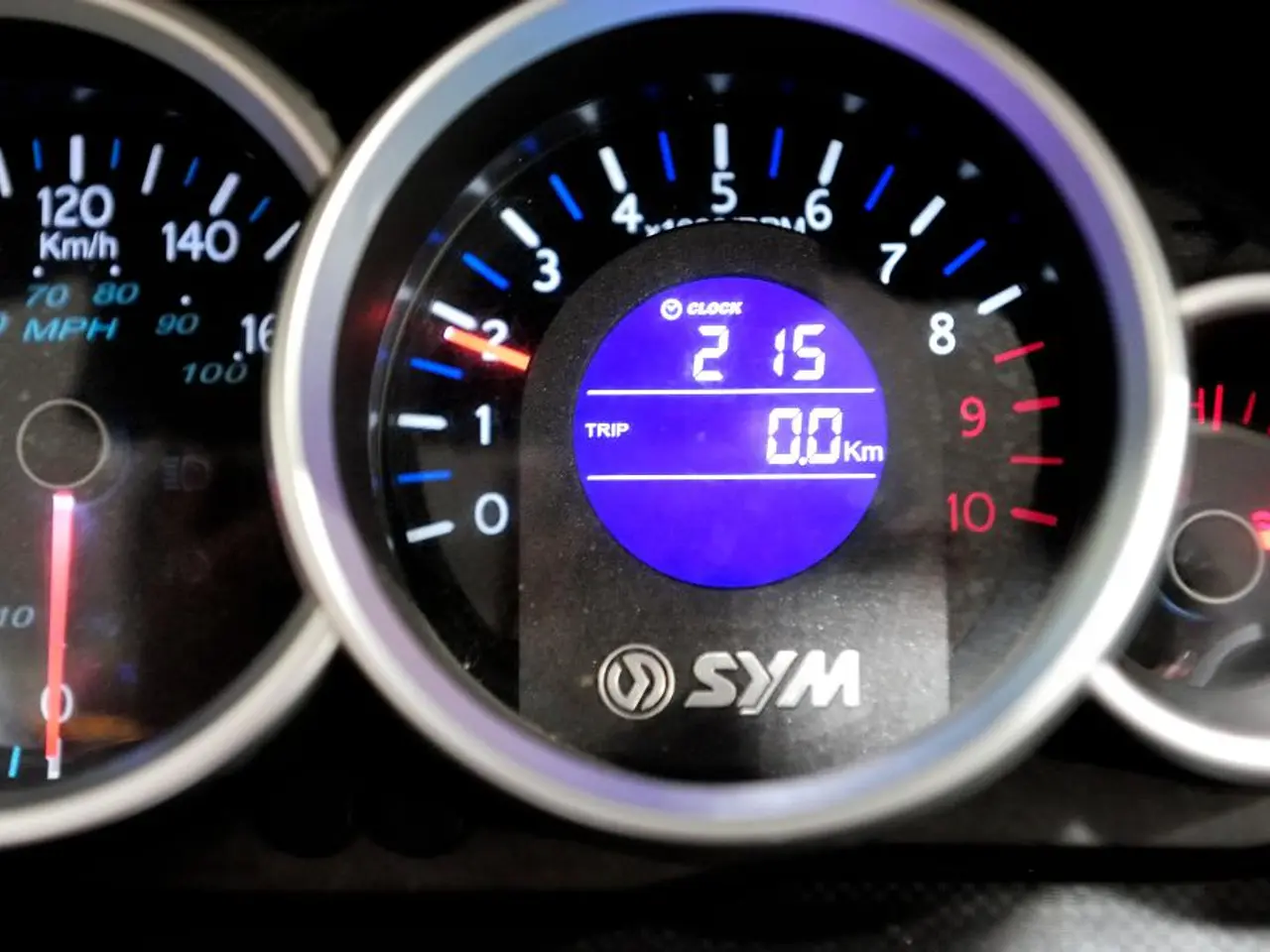Heavy-duty penalties loom for a Swiss driver, who could be slapped with a hefty fine of approximately $110,000 due to their excessive speeding offenses.
Wealth-Based Traffic Fines in Switzerland: A Case Study
In Switzerland, the Vaud canton has implemented a unique approach to traffic fines, taking into account the offender's income, wealth, and overall financial situation. This system, which is part of a broader European practice, aims to ensure fairness and deterrence tailored to personal wealth and income level.
Recently, a French citizen listed among the 300 richest people in Switzerland was fined for speeding in Lausanne. The driver was clocked going 77 kilometers per hour in a 50 kph zone, an infraction that could potentially cost them up to 90,000 Swiss francs.
The driver is a repeat offender, having already been caught for a similar speeding infraction eight years ago and paying a penalty of 10,000 Swiss francs, with the possibility of another 60,000 if another infraction had occurred within the following two years. The decision for the current infraction, which occurred nearly a year ago in August 2024, was handed down in June.
Under the Vaud criminal code, the "personal and economic situation" of the offender is considered when setting a financial penalty. Factors taken into account include income, fortune, lifestyle, and family financial needs. This means that wealthier offenders, like the repeat speeding offender in question, could face significantly higher fines, while those with limited means might receive lower fines or even jail time instead.
This wealth-based fine system is designed to avoid the wealthy being penalized too lightly or the poor being disproportionately harmed. For example, a wealthy individual might face tens or even hundreds of thousands of francs for similar offenses that would cost a less affluent person a comparatively small amount.
This approach is not exclusive to Switzerland. In neighbouring countries like Germany, France, Austria, and Nordic countries, judges also take into account the offender's income, property, and family financial needs when setting penalties for traffic violations.
However, it's important to note that this system is not without controversy. Critics argue that it unfairly targets the wealthy, while others believe it is a necessary step to ensure that fines serve as an effective deterrent regardless of the offender's financial status.
In conclusion, the Vaud canton's wealth-based fine system is a prime example of how traffic penalties can be adjusted according to the offender's financial resources, ensuring fairness and deterrence tailored to personal wealth and income level. Whether this system is a step in the right direction or a slippery slope remains a topic of debate.
- The wealth-based traffic fine system in Switzerland considers not only income and fortune, but also lifestyle as a factor when setting financial penalties for offenders.
- A key aspect of the wealth-based traffic fine system in Switzerland, France, Austria, and other European countries is the inclusion of sports cars (motor vehicles associated with a high-end lifestyle) in the list of assets considered when setting penalties for traffic violations.








